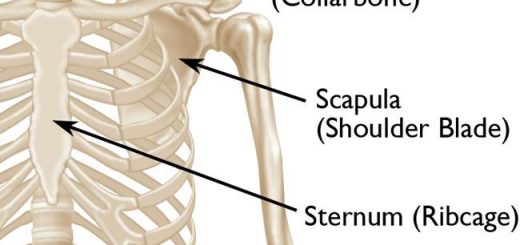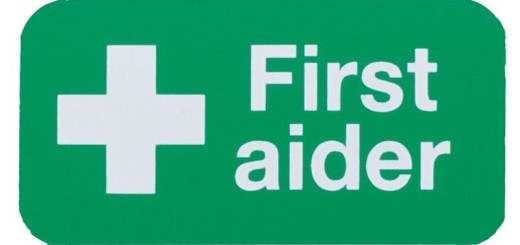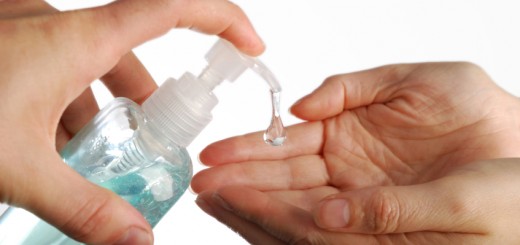First Aid for Hernias: 7 Effective Relief Tips
Ever heard of a hernia? It’s a bulge that can pop up in your belly or groin. They can cause immense pain and discomfort. Symptoms suddenly occurring can lead to panic and nervousness among the patient and family members.
Therefore, knowing about the first aid measures is absolutely essential to care for the concerned person until they visit the hospital.
This article will help you understand first aid for hernias, its signs and symptoms, and long-term management strategies. Stay with us to learn more about the condition.
Signs and Symptoms of a Hernia
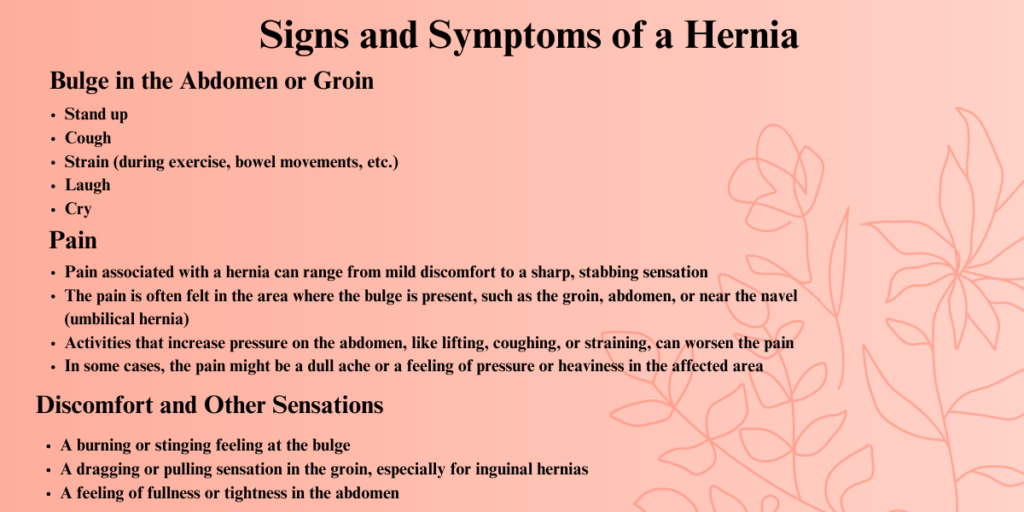
It is necessary to know that hernias can sometimes be silent, causing no discomfort at all. However, there are several signs and symptoms that indicate the presence of a hernia. Below, we have mentioned some of the common signs:
Bulge in the Abdomen or Groin
This is often the most noticeable sign of a hernia. The bulge may appear as a noticeable protrusion, especially when you:
- Stand up
- Cough
- Strain (during exercise, bowel movements, etc.)
- Laugh
- Cry
The bulge may disappear when you lie down or apply gentle pressure (in some cases).
The size of the bulge can vary depending on the severity of the hernia.
Pain
- Pain associated with a hernia can range from mild discomfort to a sharp, stabbing sensation.
- The pain is often felt in the area where the bulge is present, such as the groin, abdomen, or near the navel (umbilical hernia).
- Activities that increase pressure on the abdomen, like lifting, coughing, or straining, can worsen the pain.
- In some cases, the pain might be a dull ache or a feeling of pressure or heaviness in the affected area.
Discomfort and Other Sensations
Beyond pain, you might experience other sensations that indicate a hernia:
- A burning or stinging feeling at the bulge.
- A dragging or pulling sensation in the groin, especially for inguinal hernias.
- A feeling of fullness or tightness in the abdomen.
- Difficulty passing stool or gas (in some cases).
While the above symptoms are common, some types of hernias might have specific signs:
- Hiatal Hernia: This hernia occurs in the upper abdomen and can cause heartburn, chest pain, difficulty swallowing, and regurgitation of food.
- Femoral Hernia: This less common hernia occurs in the groin area near the thigh and might cause pain or discomfort, specifically when walking or standing for extended periods.
When to Seek Medical Attention
It doesn’t matter if the hernia is causing discomfort or not, there are situations where seeking medical attention becomes crucial. Let’s know when to seek medical attention:
Sudden and Severe Pain
- A sudden and sharp increase in pain around a bulge, in the abdomen, or in the groin is a red flag. This could indicate a complication called a strangulated hernia, in which the tissue trapped in the hernia loses its blood supply.
- Strangulation is a medical emergency and requires immediate surgery to prevent serious health risks.
Changes in the Bulge
Pay close attention to the appearance of the bulge. If the bulge becomes:
- Red, purple, or discolored
- Tender or painful to the touch
- Suddenly, larger or firmer
These changes could indicate strangulation and require immediate medical attention.
Digestive Issues
Difficulty passing stool or gas, along with persistent nausea and vomiting, can be signs of a strangulated hernia. These symptoms indicate a blockage in the intestines, which requires urgent medical intervention.
General Worsening of Symptoms
- Even if the pain isn’t severe, a doctor’s visit is required if any hernia symptoms, like increasing discomfort, a growing bulge, or difficulty with daily activities, noticeably worsen.
- Early diagnosis and treatment of a hernia can often be done with minimally invasive procedures and lead to a quicker recovery.
Underlying Medical Conditions
- If you have pre-existing medical conditions like chronic cough, constipation, or a weakened immune system, a hernia might pose a greater risk.
- Consulting a doctor is important to discuss your specific situation and determine the best course of action.
First Aid Measures for Hernia Discomfort
While a hernia requires medical evaluation and treatment, you can take some first-aid measures to manage discomfort until you see a doctor. However, it is important to know that these are temporary solutions, which means they are not a replacement for medical care.
Rest and Relaxation
The key to managing discomfort is to take pressure off the hernia. Lie down with your legs elevated on pillows to reduce pressure on the abdominal wall. Avoid strenuous activities like lifting heavy objects, exercising, or straining during bowel movements.
Truss (with Caution)
A truss is a belt-like device that applies gentle pressure to the bulge, potentially pushing it back into place. However, trusses should only be used with a doctor’s guidance. Improper use can worsen the hernia or cause discomfort.
Over-the-Counter Pain Relievers
Medications like acetaminophen or ibuprofen can help manage mild to moderate pain. Always consult your doctor before taking any medication, especially if you have pre-existing medical conditions or take other medications.
Cold Therapy
Applying a cold compress wrapped in a thin cloth to the affected area for 15-20 minutes can help reduce swelling and pain. Avoid direct contact with the skin to prevent irritation.
Smaller, More Frequent Meals
Smaller meals eaten throughout the day put less strain on your digestive system and reduce pressure on the abdomen.
Fiber is Your Friend
Eating a fiber-rich diet helps with digestion and prevents constipation. Aim for fruits, vegetables, and whole grains.
Foods to Avoid
Foods that cause bloating or gas, like beans, cruciferous vegetables (broccoli, cauliflower), and carbonated beverages, can exacerbate hernia symptoms.
Long-Term Management Strategies
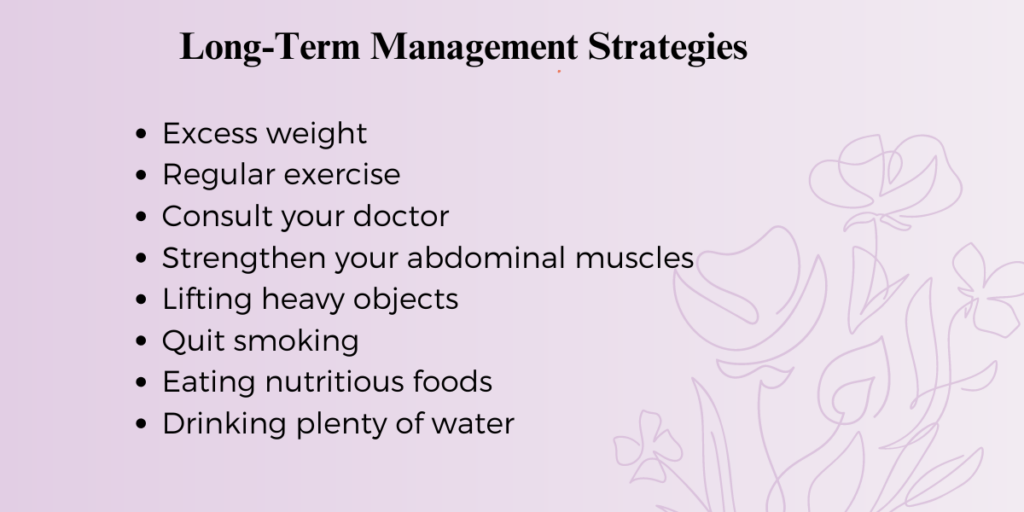
While surgery is the definitive treatment for a hernia, there are several lifestyle changes you can adopt to manage the condition effectively in the long run and potentially prevent future occurrences.
- Excess weight puts significant strain on your abdominal wall, which can worsen existing hernias and increase the risk of developing new ones. Aim for a healthy weight by adopting a balanced diet.
- Regular exercise plays a crucial role in strengthening your core muscles, which provide support to your abdominal wall. This can help prevent further strain on the hernia site.
- Consult your doctor before starting any new exercise program, especially if you have a pre-existing hernia. They can recommend exercises suitable for your condition and overall fitness level.
- Focus on exercises that strengthen your abdominal muscles, such as planks, crunches, and bridges.
- Lifting heavy objects improperly places immense pressure on your abdominal wall, potentially worsening your hernia. Here are some tips for safe lifting: Bend at the knees, not your waist. Keep your back straight and core engaged. Get help if you need to lift something heavy.
- Chronic cough or constipation can put constant strain on your abdominal muscles, aggravating hernia symptoms. Consult your doctor to determine the underlying cause and discuss treatment options. Increase your fiber intake, drink plenty of fluids, and consider using stool softeners if recommended by your doctor.
- Smoking weakens your connective tissues and increases the risk of complications during surgery. Ensure you quit smoking.
- Eating nutritious foods helps with weight management and promotes healthy digestion, reducing strain on the abdominal wall.
- Drinking plenty of water helps keep your digestive system functioning smoothly and prevents constipation.
FAQs
Can a hernia heal on its own?
Unfortunately, no. Hernias don’t heal on their own. While lifestyle changes can manage discomfort and prevent further strain, surgery is the only way to permanently treat a hernia.
What’s the difference between an inguinal hernia and a femoral hernia?
Both are common types of hernias, but they occur in slightly different locations:
• Inguinal hernia: This is the most frequent type, appearing in the groin area, usually on one side but sometimes on both.
• Femoral hernia: This less common type occurs near the groin but lower down, close to the thigh.
Conclusion
Hope this article helped you understand everything about hernias, its first aid measures, and more.
If you are dealing with the condition, seek medical attention immediately, as it can get severe if delayed.

